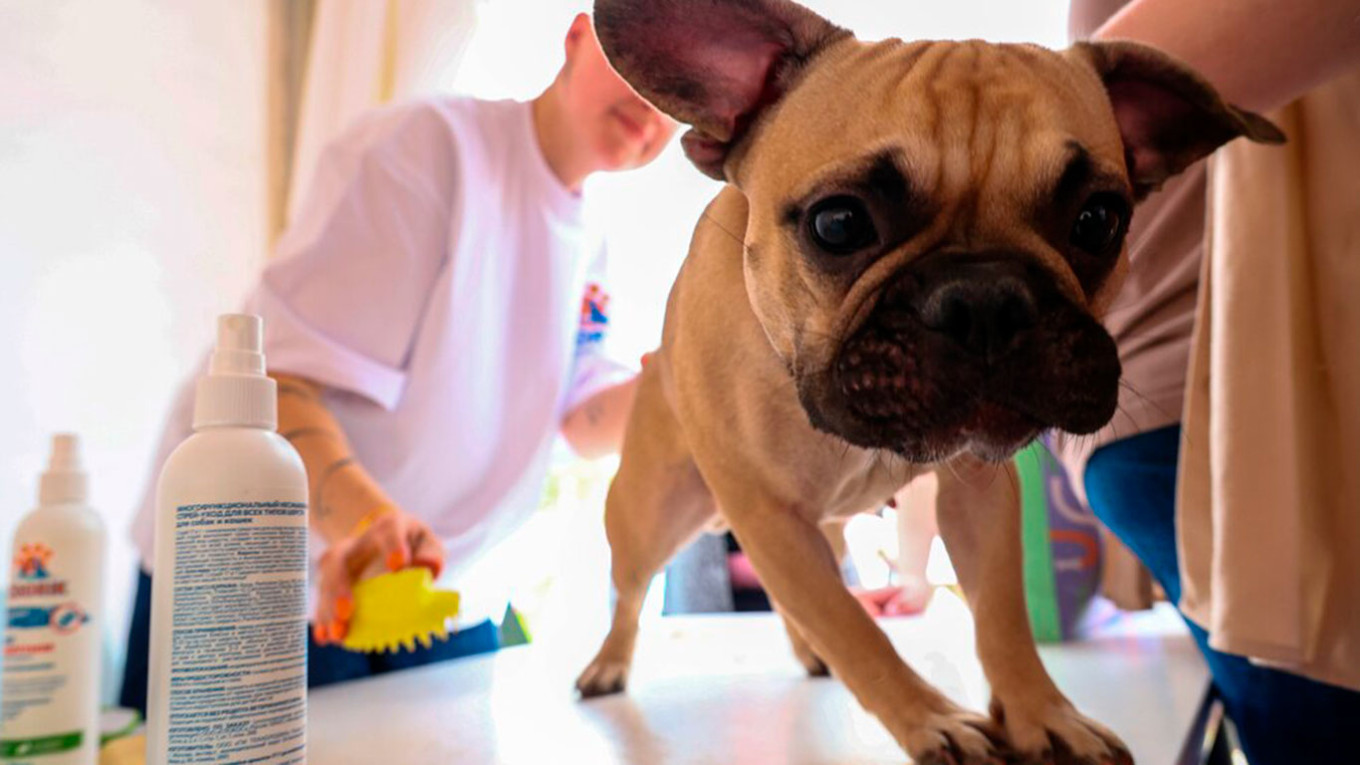Veterinary clinics in Russia are experiencing a critical shortage of vaccines for cats and dogs, as reported on Thursday by the pro-Kremlin publication Izvestia. This information comes from a letter issued by the National Veterinary Chamber (NVC), which represents the interests of veterinarians and pet owners.
The NVC has indicated that the availability of vaccines at veterinary facilities has plummeted by two to three times compared to 2024.
In the letter, the NVC calls for intervention from both the Federal Veterinary and Phytosanitary Inspection Service and the Ministry of Agriculture, highlighting significant supply deficiencies from producers.
“The lack of vaccines has led to extended waitlists at clinics, with some locations noting that 200 to 300 animals are in line for vaccination, while only 10 to 20 doses are available,” the letter states.
Distribution companies have confirmed that shipments of vaccines from manufacturers have sharply decreased.
VetExpert, an animal clinic, indicated that “the supply of vaccines for pets is nearing a critical state.” The clinic also mentioned that foreign vaccines are often unavailable, and “locally-produced products are delivered irregularly.”
Since the onset of the full-scale invasion of Ukraine in 2022, numerous foreign pharmaceutical companies, including those producing animal vaccines, have exited the Russian market, putting additional pressure on domestic suppliers.
The NVC warns that the vaccine shortage could potentially result in a “dramatic rise in infectious diseases—some of which can be transmitted to humans—such as canine distemper, parvovirus in dogs, feline panleukopenia, calicivirus, rabies, and leptospirosis.”
The Federal Veterinary and Phytosanitary Inspection Service has acknowledged receipt of the NVC’s letter and announced plans to arrange an online meeting with manufacturers and distributors to discuss the situation.
Meanwhile, the Ministry of Agriculture has rejected claims of a vaccine shortage, describing the current state as “stable.”
In a statement, the ministry claimed, “There are 90 domestic manufacturers engaged in vaccine production. Of the 2,457 registered veterinary pharmaceuticals in Russia, 1,578 are produced domestically, including 368 vaccines. These companies are dispatching pharmaceuticals at the standard rate, without any delays or interruptions in supply.”
The ministry reassured the NVC that “domestic alternatives are available for popular foreign vaccines,” and added that the import of certain foreign vaccines has been halted due to what it considers inadequate manufacturing standards from overseas producers.
The NVC pointed out that the shortage of vaccines is fostering the growth of an illegal market and is contributing to rising costs for pet owners.

